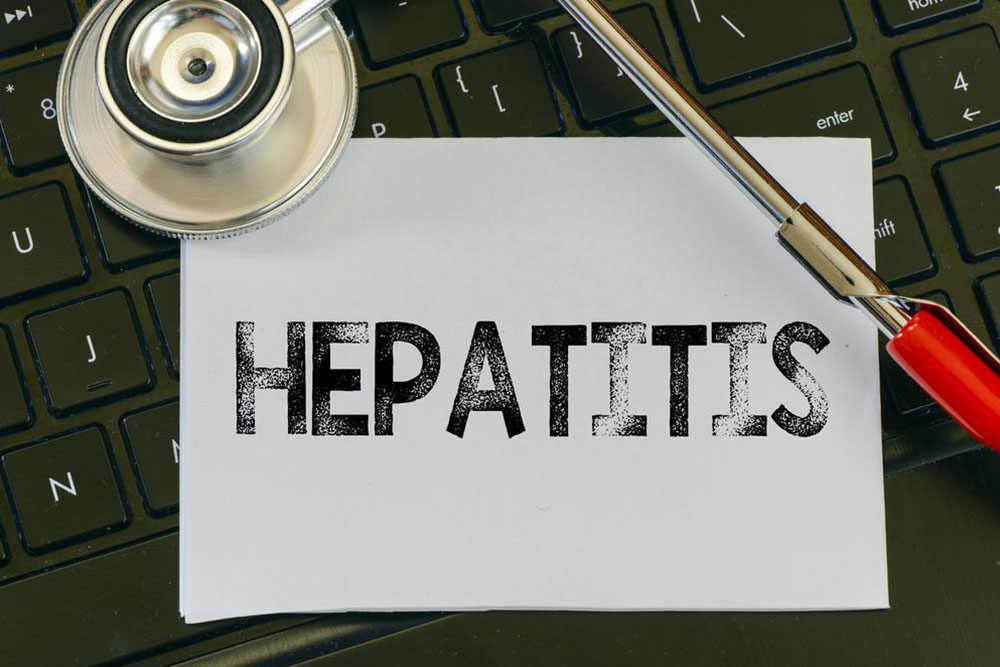Understanding Hepatitis C: Symptoms, Causes, and Effective Treatments
This comprehensive article explores hepatitis C, detailing its symptoms, causes, diagnosis, and modern treatment options. Emphasizing early detection and medical intervention, it also highlights natural remedies and dietary strategies to support liver health. Suitable for individuals seeking to understand and manage hepatitis C effectively, the guide offers insights into lifestyle adjustments and medical advances that can lead to successful outcomes.

Hepatitis C: Symptoms, Causes, and Treatment Options
Hepatitis C is a viral infection that affects the liver, causing inflammation and potential long-term damage. The disease progresses through five stages: incubation, acute hepatitis, chronic infection, cirrhosis, and liver cancer. Early diagnosis, routine screening, and prompt treatment can often lead to a cure. Symptoms vary from mild to severe, and many individuals remain asymptomatic until late stages, capable of transmitting the virus unknowingly.
Symptoms of acute hepatitis C typically appear 2-12 weeks after exposure. Common signs include fever, dark urine, jaundice, fatigue, nausea, joint pain, and abdominal discomfort. If the infection persists beyond six months without recovery, it advances to chronic hepatitis, leading to symptoms like easy bleeding, swelling, loss of appetite, and liver-related complications such as ascites and hepatic encephalopathy.
The hepatitis C virus (HCV) spreads mainly through blood-to-blood contact, such as sharing contaminated needles, unprotected sex, vertical transmission during childbirth, or using unsterilized devices for tattoos or piercings. Casual contact and everyday activities do not facilitate the transmission of HCV.
Diagnosis involves blood tests, elastography, or liver biopsy. Once confirmed, treatments include antiviral medications like sofosbuvir, velpatasvir, and ledipasvir, which can clear the virus effectively within 8-12 weeks. In advanced cases, liver transplantation may be necessary. Natural approaches such as yoga, meditation, and regular exercise can support liver health and aid recovery, alongside medical therapy. Supplements like zinc and vitamin D may boost immunity, but always consult a healthcare provider before use.
Diet plays a vital role in managing hepatitis C. Focus on consuming fresh fruits, vegetables, lean proteins, and whole grains to support liver function. Avoid processed foods and excess fats to prevent fat buildup in the liver. Maintaining a healthy lifestyle, monitoring symptoms, and seeking timely medical attention are crucial steps toward better management and potential cure of hepatitis C.
Disclaimer: The information provided aims to educate readers on hepatitis C; however, it is not a substitute for professional medical advice. Always consult your healthcare provider for diagnosis and personalized treatment plans.










